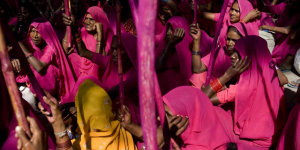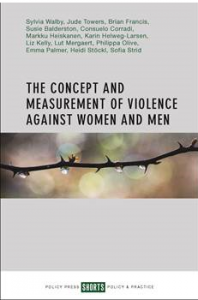The Independent Newspaper has reported that Gopal Bargave (a minister in the state of Madhya Pradesh in india) has handed out the paddles, traditionally used to get dirt out of clothes in old-fashioned laundries, to around 700 brides at a mass wedding.
Gopal Bargava says he wants to draw attention to the problems of domestic violence in India with the bats, which come with slogans such as ‘Police won’t intervene’. The idea is that married women are permitted to hit their husbands with the paddles if they are drunk and trying to beat them or steal family resources to pay for alcohol. Many Indian states have also launched crackdowns on alcohol in recent years by banning or restricting its sale in an attempt to prevent violence. Domestic violence groups internationally have criticised this response saying it does not take into account that women may be terrified of their husbands and additionally it can be seen as encouraging violence between couples and may end in serious injury or murder.
In 2016 the government of Tamil Nadu state said they would introduce a ban during a state election campaign after the measure proved popular with women voters who blame alcohol for much of the state’s domestic and sexual violence.
Read the article here.


